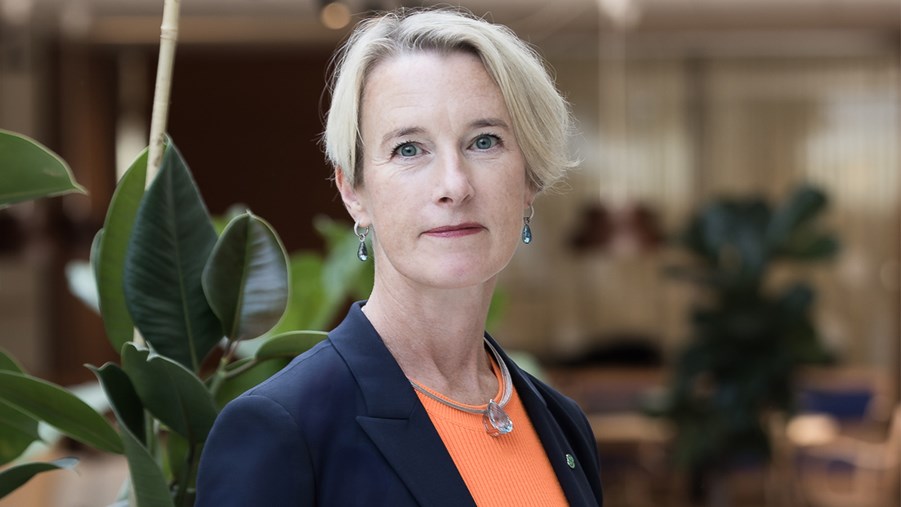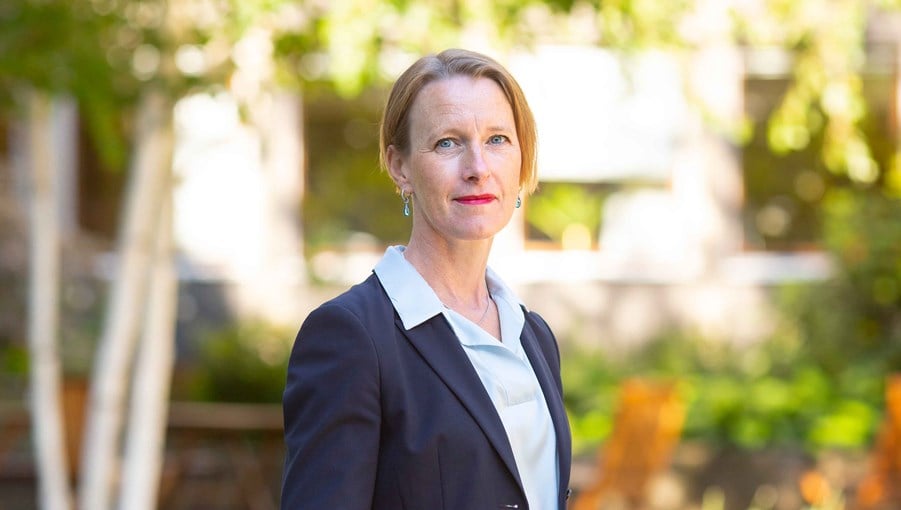
The Swedish Forest Industries Federation (SFIF) supports an ambitious 2040 climate target. It is a necessary step toward a clean transition. The most important objective must be phasing out fossils while ensuring a transition that goes hand in hand with a competitive union and a growing bioeconomy.
“Moving away from fossil dependency must be a key priority for the EU”, says Viveka Beckeman, director general of SFIF. “We need to accelerate the shift away from fossil-based materials and energy, and replace them with renewable, fossil-free alternatives. That’s how we secure both the climate and Europe’s competitiveness.
The target presented by the European Commission is ambitious and will require increased efforts and new initiatives to accelerate the reduction of fossil emissions and find pathways for a clean transition that benefits both the climate and the economy. SFIF points out that the EU’s growing bioeconomy should play a key role in this transition.
“A strong circular bioeconomy not only reduces emissions but also strengthens industrial resilience and supports a well-functioning internal market”, says Viveka Beckeman.
Enhanced flexibility across sectors must be framed in a way that does not jeopardize the overarching goal of reducing emissions or lead to offsetting. SFIF emphasizes that the EU’s climate policy must be based on realistic assessments of natural carbon sinks, including the dynamics of European forests and the need for renewable raw materials.
“The forest-based value chain contributes to climate mitigation far beyond carbon storage in trees,” Viveka Beckeman adds. “It’s about replacing fossil-intensive products with sustainable materials – and that contribution must be fully recognized in EU policy.”
The pulp and paper industry has great potential to contribute to permanent removals through bio-CCS. However, uncertainties around a direct integration into ETS remain, e.g. relating to financing both in the short and the long term.


